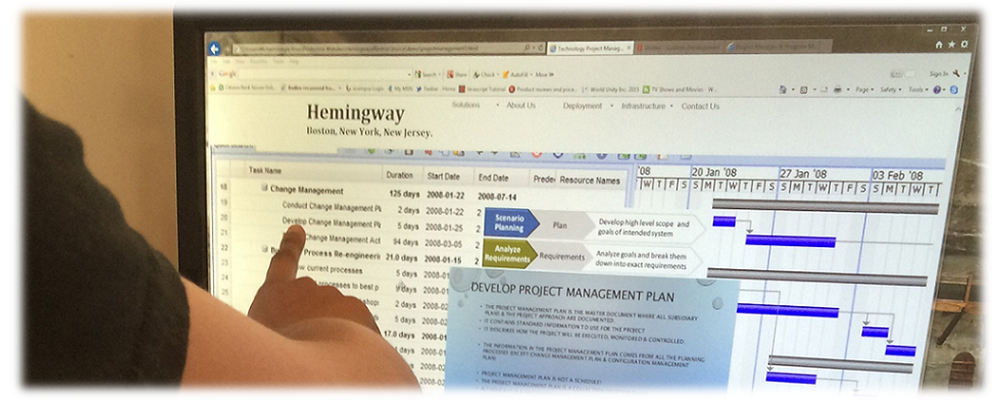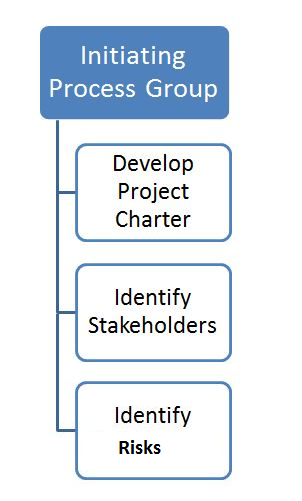Project Initiation

The Initiation Phase is the first phase in any project. In this phase, a business problem (or opportunity) is identified and a business case which provides various solution options is defined. The initial assumption is that a feasibility study has been conducted to investigate and determine the likelihood of each solution option addressing the business problem prior to a final solution recommendion is proffered. Once the recommended solution is approved and the budget along with applicable contracts have been signed, a project is initiated to deliver the approved solution.
At this point, a ‘Project Charter’ is completed, outlining the objectives, scope, authority, and structure of the new project, and a Project Manager is appointed. The Project Manager begins recruiting a project team and establishes a Project Office environment. Approval is then solicited to move the effort into the detailed planning phase.
Project Assessment - The initial assessment is performed based upon available information and meetings with the project sponsor, customer, technical team, or other subject matter experts. This allows a reasonable evaluation of the feasibility of new products,  functions, or services within the provided assumptions and/or constraints. functions, or services within the provided assumptions and/or constraints.
Scope Definition - The high level scope of the project based on the business and compliance requirements are defined to ensure they customer's expectations have been addressed.
Stakeholder Analysis - A review of the impacts using interviews, brainstorming, or other data collection techniques is performed to ensure expectations are managed and aligned to gain support for the project.
Risk Identification - High level risks, assumptions, and constraints based on the current environment, historical data, and/or expert judgement, are identifed and documented in order to determine project limitations and propose a well thought out implementation approach. The output of this exercise results in a "risk Management" plan.
Project Charter - The charter is a document which outlines the purpose of the project, the manner in which the project will be structured, and how it will be successfully implemented. This is accomplished by further collection and analysis of stakeholder requirements. This ensures the requirements are consistent with project scope, milestones, and deliverables. It also documents bu in and support by the project sponsors and respective steering committee when applicable.
Approvals - Gain approval for the project charter from the sponsor and customer (if required), in order to formalize the authority assigned to the project manager and gain committement and acceptance for the project.
|